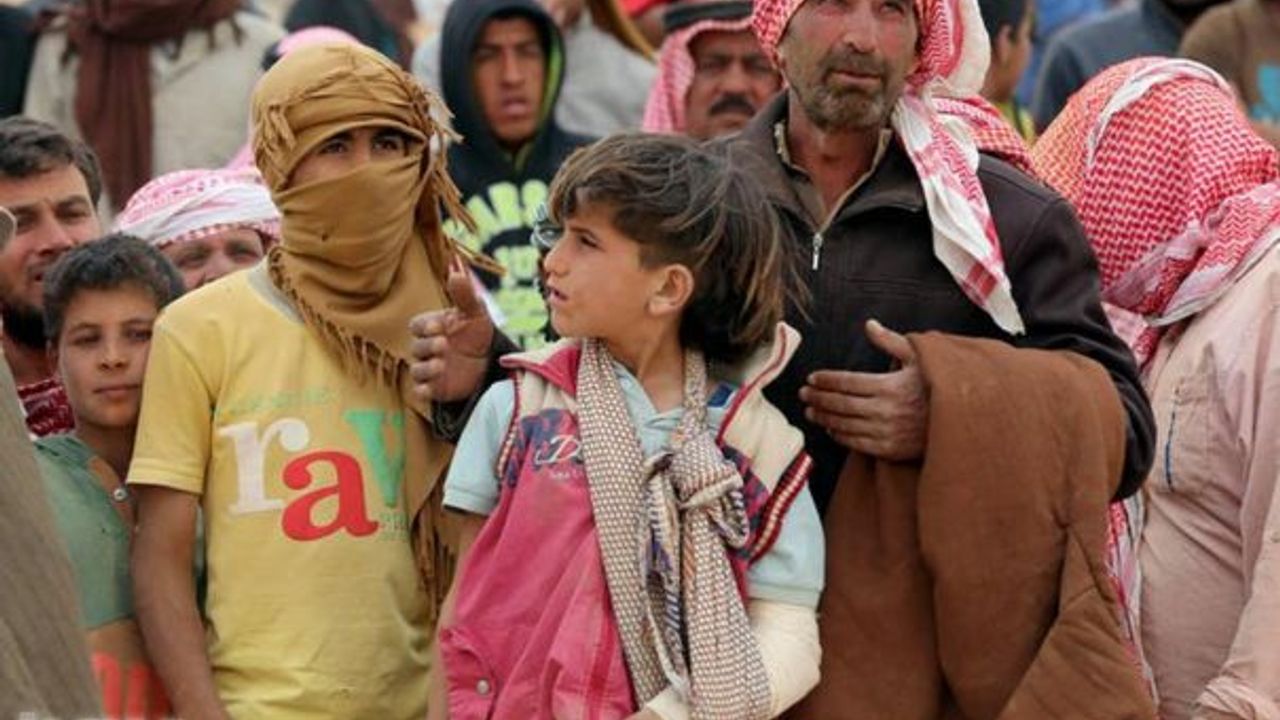Funding for the world's forcibly displaced and stateless people is becoming increasingly squeezed, with barely more than half of the needs being met, and worsening hardship and risks for many refugees, other displaced people and the communities they live among, reported the United Nations Refugee Agency (UNHCR).
With 68.5 million people forcibly displaced worldwide as of the start of this year, funding by governments for refugee and other displacement situations has seldom been more pressured. Based on contributions to date we expect funding for 2018 to meet just 55 percent of the $8.2 billion that is needed. This compares to 56.6 percent in 2017 and 58 percent in 2016. In short, donor funding is falling increasingly behind as the number of forcibly displaced worldwide has grown.
"And the consequences for refugees and internally displaced people, in particular, are becoming all too real. In situation after situation we are seeing increases in malnutrition, health facilities being overcrowded, housing and shelters becoming increasingly dilapidated, children either in overcrowded classrooms or doing without school altogether, and growing protection risks because of shortages of personnel to deal with unaccompanied children or victims or sexual violence," announced UNHCR spokesperson Babar Baloch.
Six refugee and displacement situations globally are particularly badly hit says UNHCR report and added that these include Burundi, the Democratic Republic of the Congo, Afghanistan, South Sudan, Syria and Somalia situations.
The report included that the 28 percent of 206 million dollars of the budget for Burundi that is necessary for refugees, 32 percent, 33 percent, and 37 percent necessary budget respectively for refugees of Afghanistan, South Sudan and Somali and 35 percent needs for Syrian refugees were met. (ILKHA)








